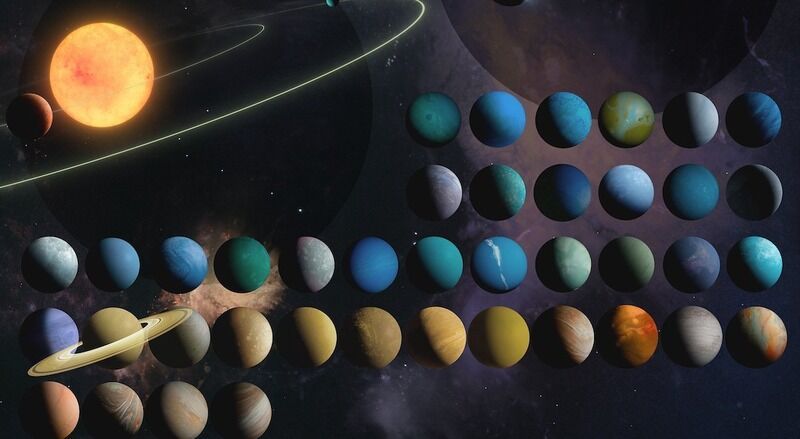
NASA Rolls Out the Exoplanet Catalogue for Space Fans
References: news.ucr.edu & designtaxi
NASA is further validating the experience of distant worlds with its new Exoplanet Catalogue that is created by its TESS wing. This stands for Transiting Exoplanet Survey Satellite and it is also completed with the collaborations of the WM Keck Observatory in Hawaii.
The catalog explores 126 exoplanets and worlds that are beyond the solar system we know, pushing the boundaries of thought when it comes to planetary diversity as a whole. The catalog is available online and is a dynamic platform that will be continually updated as more discoveries are confirmed. All of the entries dive into a different exoplanet, exploring what the characteristics of the host star are, the body's size, mass, orbital period, and more.
Image Credit: W. M. Keck Observatory/Adam Makarenko / University of California, Riverside News
The catalog explores 126 exoplanets and worlds that are beyond the solar system we know, pushing the boundaries of thought when it comes to planetary diversity as a whole. The catalog is available online and is a dynamic platform that will be continually updated as more discoveries are confirmed. All of the entries dive into a different exoplanet, exploring what the characteristics of the host star are, the body's size, mass, orbital period, and more.
Image Credit: W. M. Keck Observatory/Adam Makarenko / University of California, Riverside News
Trend Themes
1. Dynamic Exoplanet Exploration - The constantly updated nature of NASA's Exoplanet Catalogue provides an evolving platform for continuous space discovery.
2. Augmented Reality Space Learning - Integrating augmented reality features with the Exoplanet Catalogue could enhance the educational experience for space enthusiasts.
3. Citizen Science Collaborations - Crowdsourcing data analysis through platforms like the Exoplanet Catalogue enables broader public engagement in space research.
Industry Implications
1. Aerospace - Innovations in cataloguing exoplanets drive forward the aerospace industry's capability to map and understand otherworldly terrains.
2. Edtech - Educational technologies can leverage interactive tools like the Exoplanet Catalogue to make space science more accessible to students.
3. Data Analytics - The extensive data from exoplanet catalogues necessitates advanced analytics solutions for processing and interpreting celestial information.
2.7
Score
Popularity
Activity
Freshness























